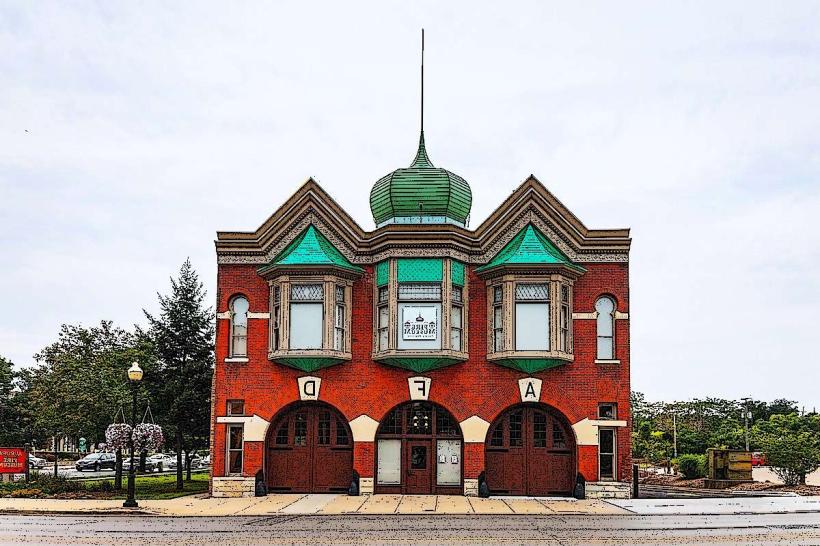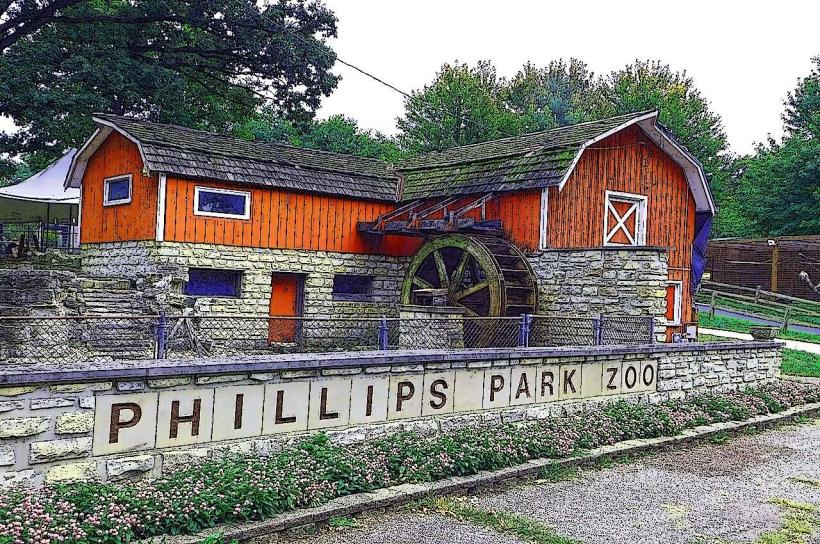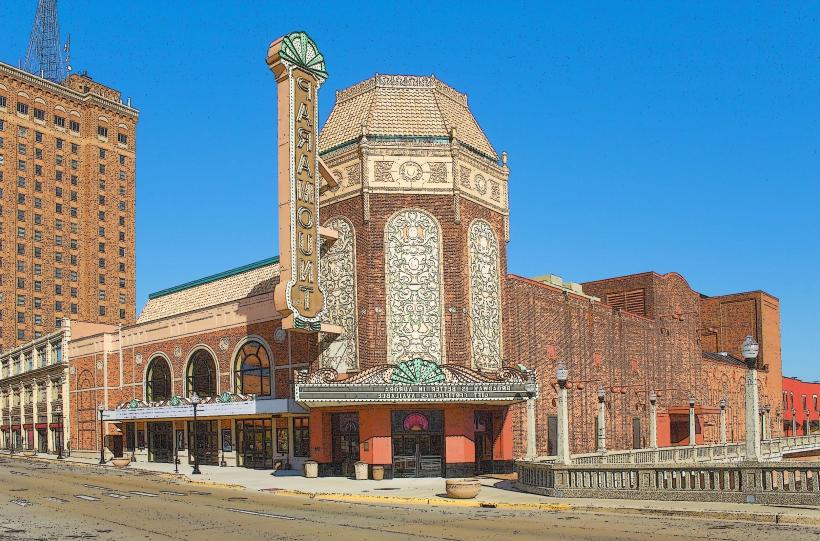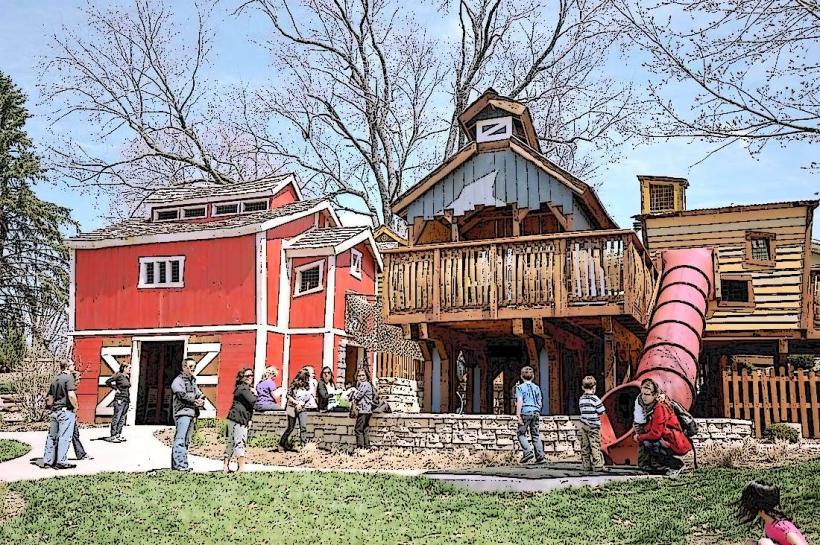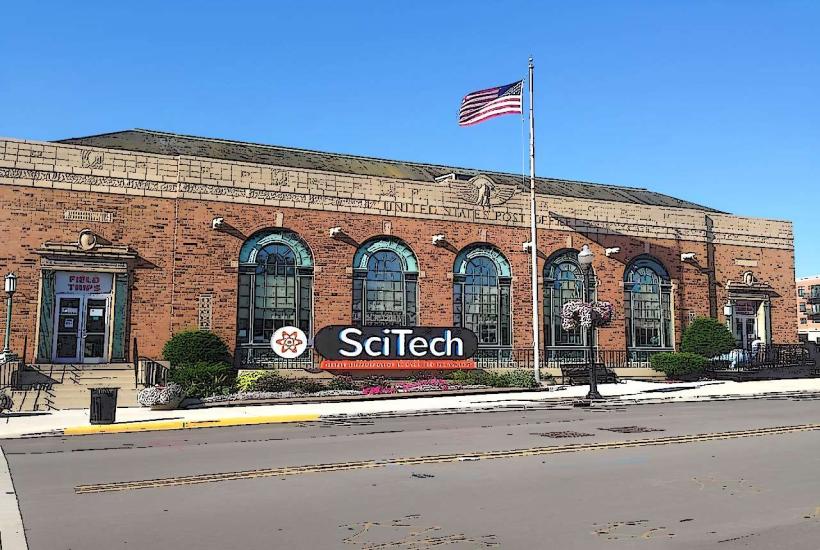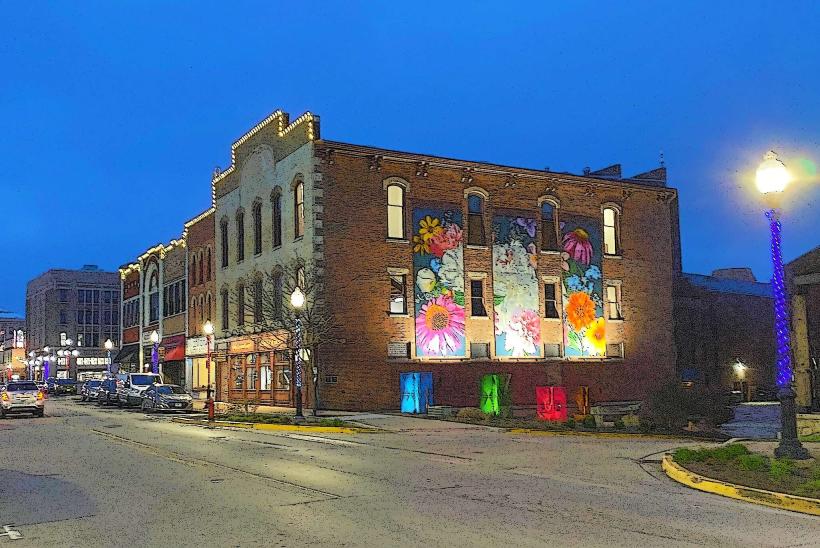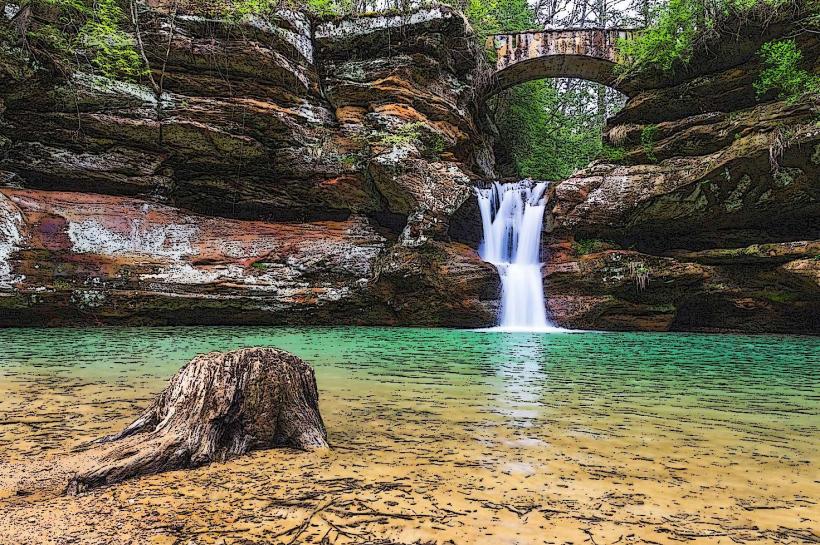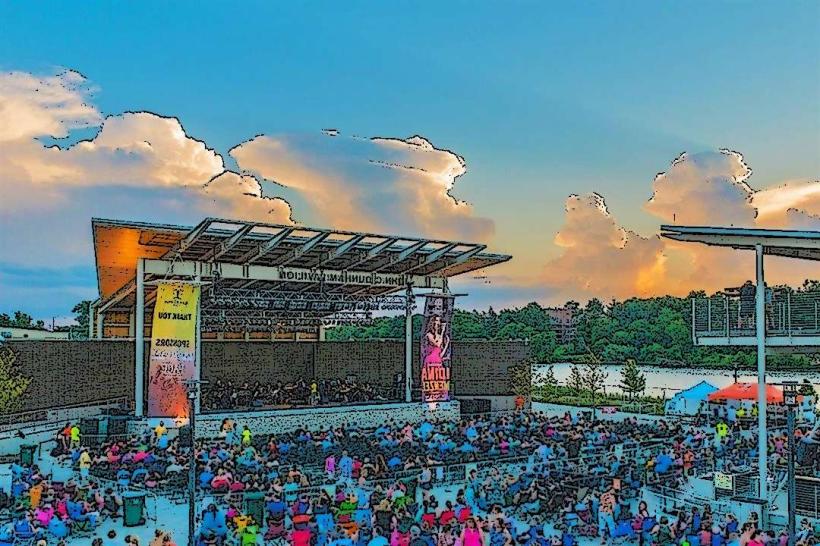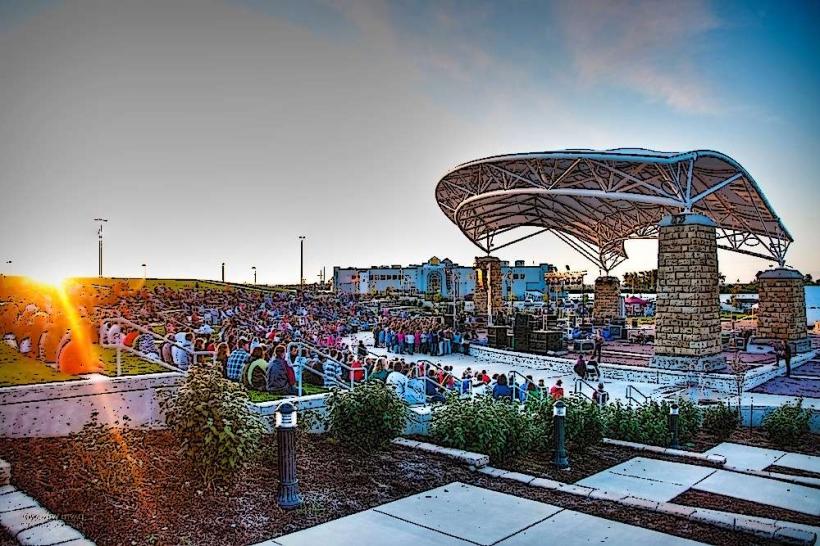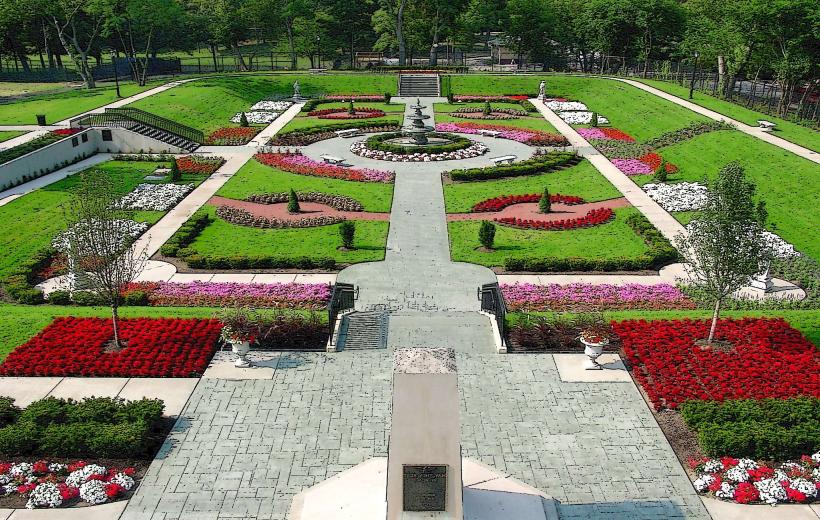Information
City: AuroraCountry: USA Illinois
Continent: North America
Aurora, USA Illinois, North America
Aurora serves as the second-largest city in Illinois and a major economic anchor of the Fox River Valley. Located approximately 65 km west of Chicago, it spans four counties: Kane, DuPage, Kendall, and Will.
Historical Timeline
Founded in 1834 by the McCarty brothers, Aurora became a city in 1857. Primary governance eras include the 19th-century industrialization period (dominated by the Chicago, Burlington and Quincy Railroad shops), the mid-20th century manufacturing peak, and the late-20th-century transition to a technology and gaming hub. Aurora was the first U.S. city to implement an all-electric street lighting system in 1881, earning the nickname "City of Lights." The construction of the Hollywood Casino in 1993 and the revitalization of Stolp Island shaped the modern urban core.
Demographics & Population
The population is approximately 197,000. The top three ethnic demographics are Hispanic or Latino (43%), White (35%), and Black or African American (10%). The median age is 34.2 years.
Urban Layout & Key Districts
The city is organized around the Fox River. Stolp Island is the historic downtown district located in the middle of the river, housing the theater and administrative buildings. The West Side features historic residential neighborhoods and Aurora University. The East Side contains high-density residential areas and industrial zones, while Far East Aurora (DuPage County side) is a modern commercial and retail hub including the Fox Valley Mall.
Top City Landmarks
Phillips Park Zoo and Sunken Garden
Aurora Public Arts Commission (Stolp Island)
Chicago Premium Outlets
Transportation Network
Movement is serviced by the Pace bus system. The Aurora Transportation Center is the western terminus for the Metra BNSF Railway line to Chicago. Ride-sharing via Uber and Lyft is highly active. Traffic density is extreme on I-88 and Illinois Route 59 during peak hours.
Safety & "Red Zones"
The general safety level is moderate. Caution is advised at night in specific areas of the Near East Side, which experience higher rates of property and gang-related incidents. Common scams are infrequent, usually involving unauthorized solicitors near the Metra station or large retail centers.
Digital & Financial Infrastructure
Internet speeds average 250 Mbps with extensive fiber-optic availability. Main mobile carriers are Verizon, AT&T, and T-Mobile. Card acceptance is universal. ATMs are ubiquitous in the downtown core and within all major grocery chains like Meijer or Aldi.
Climate & Air Quality
Temperatures range from -9°C to 0°C in winter and 19°C to 30°C in summer. Air quality is generally moderate. Specific weather risks include seasonal flooding of the Fox River and severe convective weather (thunderstorms/tornadoes) typical of the Illinois prairie.
Culture & Social Norms
The standard tipping percentage is 18–22%. A handshake is the standard greeting. Dress codes are casual-conservative. Smoking is prohibited in all public indoor spaces and within 15 feet of building entrances.
Accommodation Zones
Downtown/Stolp Island: Recommended for walking access to the Paramount Theatre and Hollywood Casino.
Orchard Road / I-88: Recommended for travelers requiring highway access and proximity to regional corporate centers.
Local Cost Index
1 Espresso: $4.50 (USD)
1 Standard Lunch: $17.00 (USD)
1 Metra Ticket (to Chicago): $6.75 (USD)
Nearby Day Trips
Fermilab (10 km)
Farnsworth House (25 km)
Naperville Riverwalk (15 km)
Blackwell Forest Preserve (15 km)
Facts & Legends
Aurora is internationally recognized in pop culture as the setting for the Wayne's World film franchise. Historically, the city’s Burlington Roundhouse (built in 1855) is the oldest limestone roundhouse in the United States. A local legend involves the "Ghost of the Paramount Theatre," where performers have reported seeing a spectral "Lady in Blue" in the balcony and backstage areas during rehearsals.

